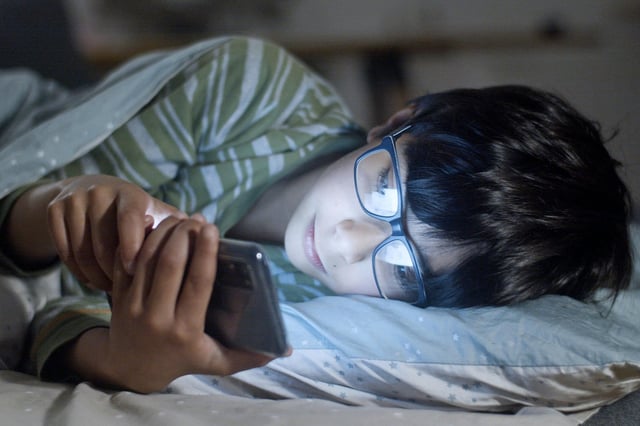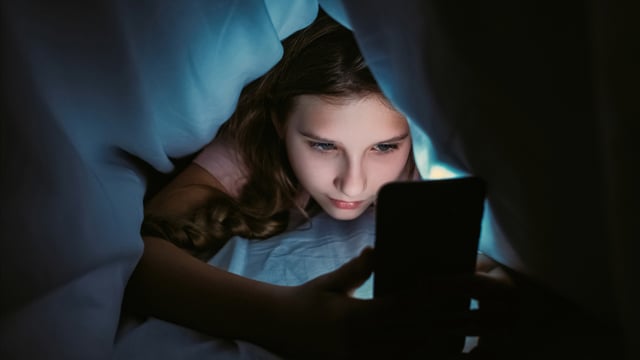Overview
- The study reviewed 117 longitudinal studies of more than 292,000 children under age 10 and linked higher screen time to increases in anxiety, depression, aggression and hyperactivity
- Researchers identified a bidirectional relationship in which children with socio-emotional difficulties are more likely to turn to screens to cope
- Children aged 6–10 and girls were found to be particularly vulnerable to negative emotional and behavioral outcomes from greater screen use
- Gaming activities showed stronger associations with socio-emotional harm compared to educational and recreational screen content
- Experts recommend that parents, educators and policymakers adopt tailored strategies, including parental controls and emotional support programs, to manage screen habits

